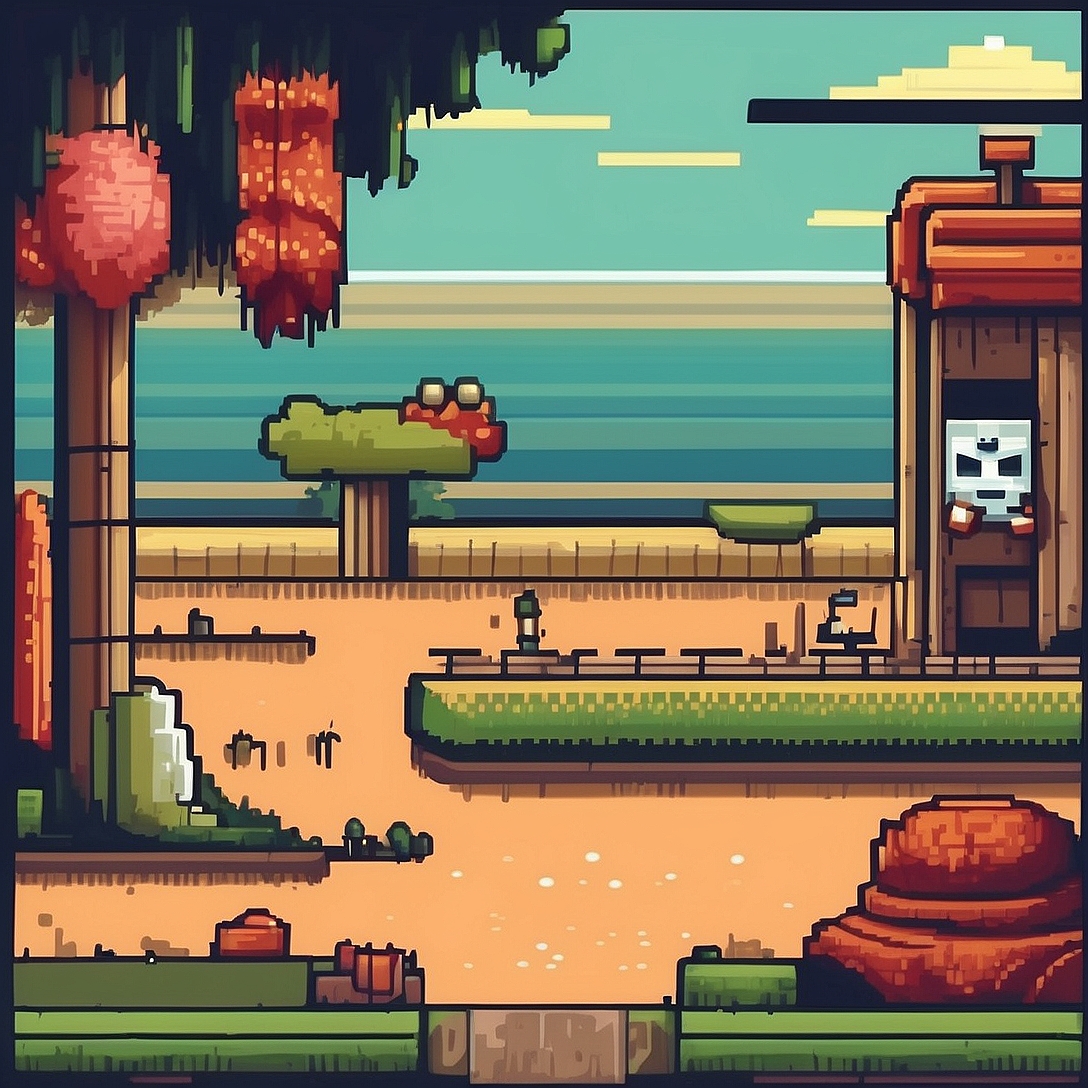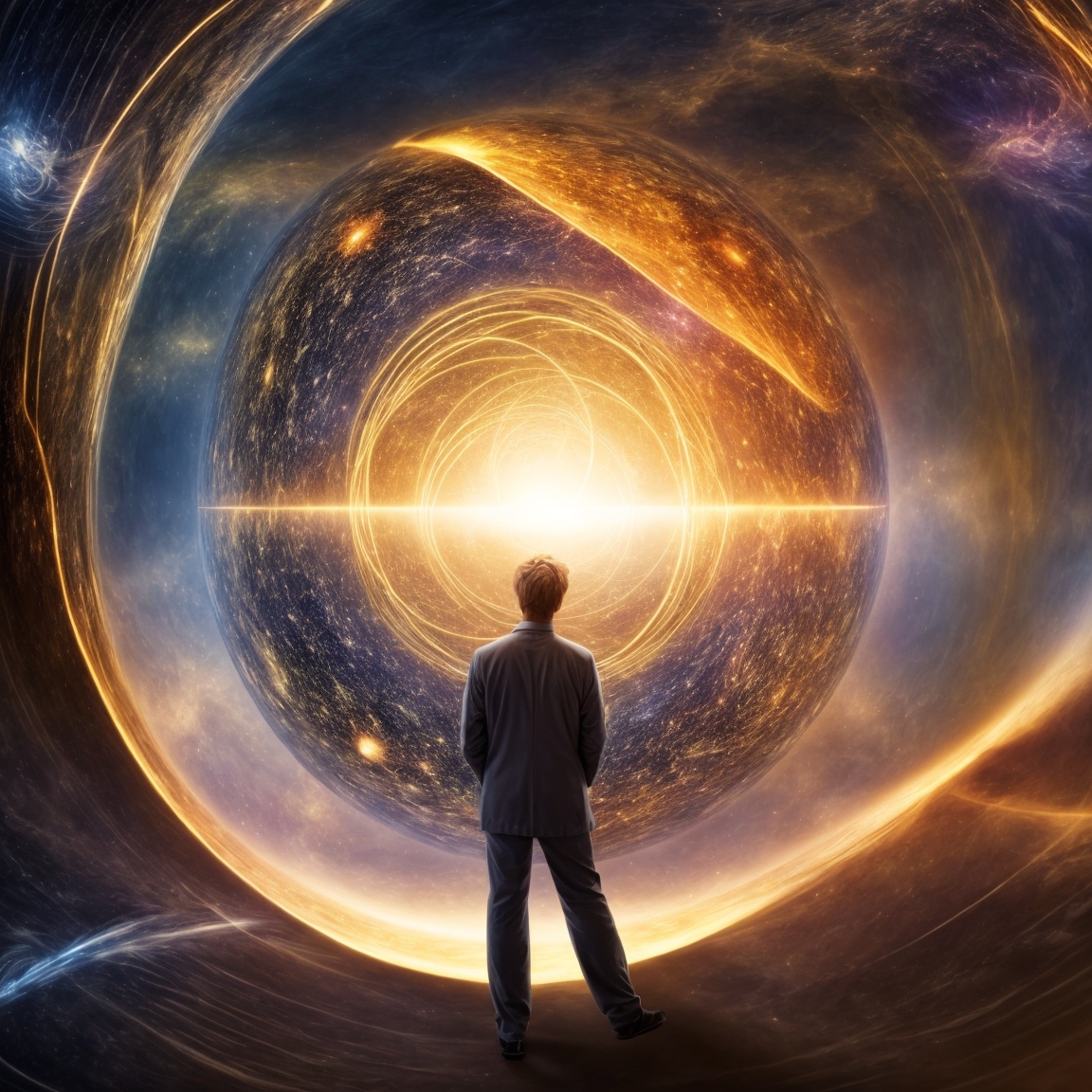The Philosophy of Zombies: Exploring Consciousness, Immortality, and the Blurred Lines of Reality
The Zombie Conundrum: What Does it Mean to be Alive?
In a world filled with philosophical ponderings, one concept that continues to captivate and perplex us is the idea of zombies. No, not the Hollywood portrayal of mindless, flesh-eating monsters, but rather the philosophical zombie – an imagined being that is physically identical to a human but lacks conscious experience. This thought experiment challenges our understanding of consciousness and the very essence of what it means to be alive.
Consciousness and the Mind-Body Problem
The philosophical zombie, often referred to as a ‚p-zombie‘, brings to light the mind-body problem. This age-old philosophical debate questions the relationship between our physical beings and our minds, specifically our consciousness. If a p-zombie were to exist, it would behave exactly like a human, responding to stimuli and exhibiting intelligent behavior, yet it would not possess subjective experiences or a sense of self-awareness. This concept forces us to consider what consciousness truly is and how it relates to our physical existence.
The Hard Problem of Consciousness
Philosophers and scientists alike have grappled with the ‚hard problem of consciousness‘ – the challenge of explaining how physical processes in the brain give rise to our subjective experiences. Why does the firing of neurons result in sensations like the taste of chocolate or the feeling of joy? This mystery lies at the heart of the zombie thought experiment, prompting us to explore the nature of consciousness and its place in the universe.
Immortality and the Fear of Death
The concept of zombies also brings us face to face with our own mortality. In popular culture, zombies often represent a form of ‚undead‘, a state between life and death. This idea of immortality, or at least a prolonged existence, taps into our deepest fears and desires. We, as humans, have an innate fear of death and an inherent desire to transcend our mortal coils.
The Appeal of Immortality
The notion of immortality has captivated humans for centuries, from ancient myths and religions to modern-day science fiction. We yearn for a sense of permanence, for our lives and our legacies to extend beyond the confines of our brief time on Earth. Zombies, in a twisted way, represent a form of immortality, a chance to continue existing, even if it means losing our humanity.
Confronting Our Mortality
However, the zombie apocalypse scenarios that permeate pop culture also serve as a reminder of our own fragility and the inevitability of death. They force us to contemplate the value of our lives and the importance of our human connections. In a world overrun by zombies, it is often the strength of the human spirit, our ability to persevere and protect those we love, that shines through.
The Blurred Lines of Reality and Fantasy
The Appeal of Escapism
The fascination with zombies and apocalyptic scenarios can also be attributed to our desire for escapism. In a world that often feels chaotic and uncertain, the idea of a zombie apocalypse provides a sense of clarity and a simple set of rules to follow. It offers a break from the complexities of modern life and a chance to explore alternative realities.
The Power of Make-Believe
Additionally, the concept of zombies allows us to safely confront our deepest fears and anxieties. By imagining a world where the rules are different, we can explore the boundaries of our own reality and test the limits of our resilience. It provides a form of emotional release, a way to process our fears and exert a sense of control over them.
Conclusion: Embracing the Unknown
In conclusion, the philosophical zombie thought experiment invites us to delve into the mysteries of consciousness, mortality, and the nature of reality. It challenges our assumptions, pushes the boundaries of our understanding, and encourages us to embrace the unknown. As we explore these philosophical depths, we find ourselves better equipped to navigate the complexities of our own lives and the world around us.













































